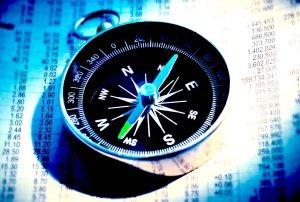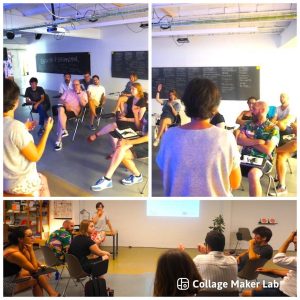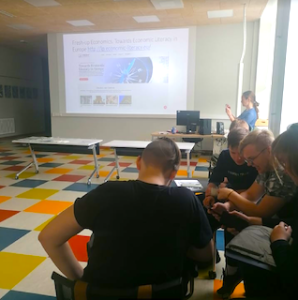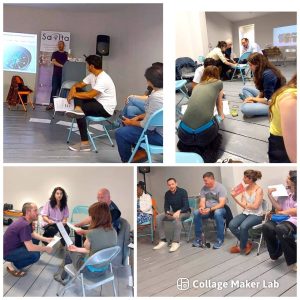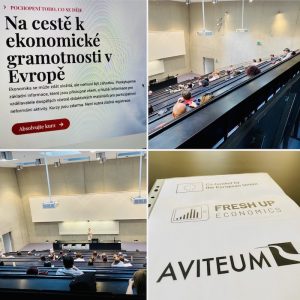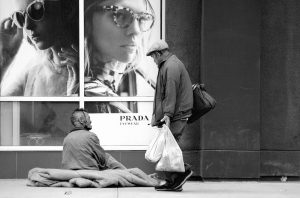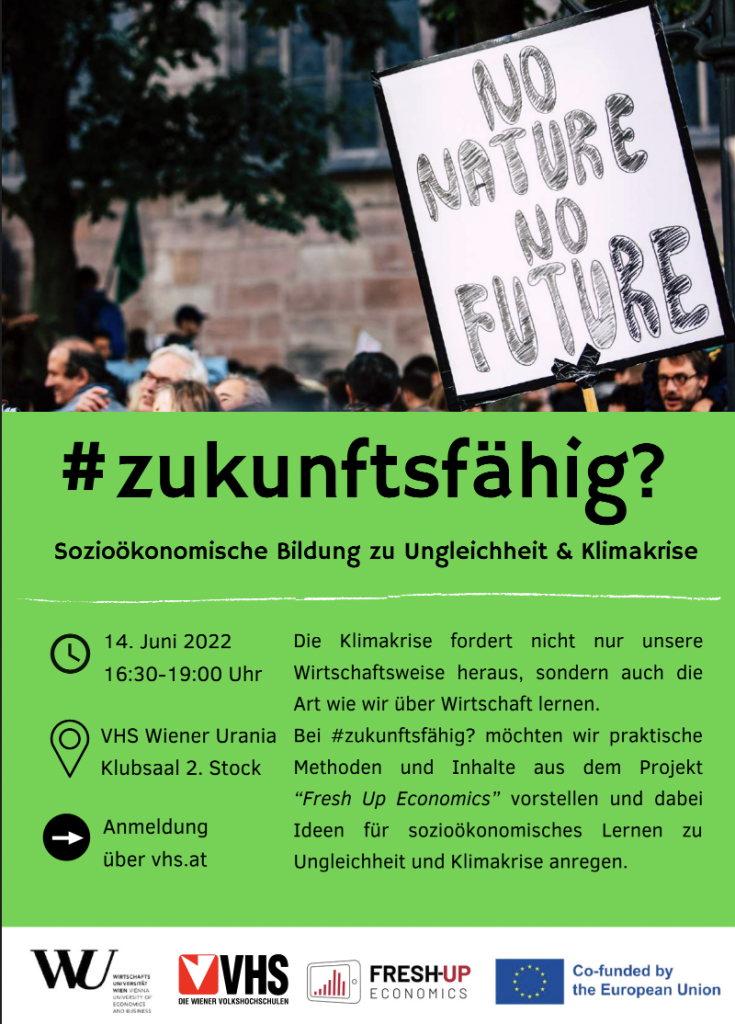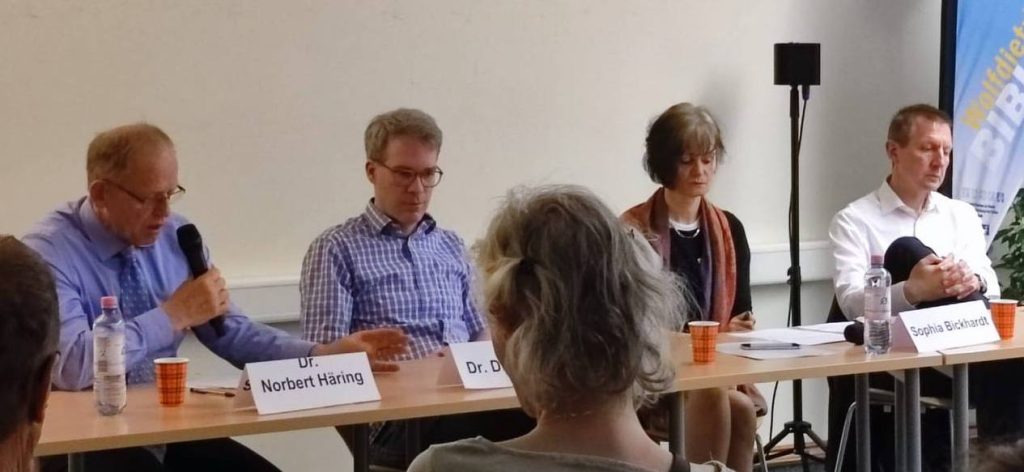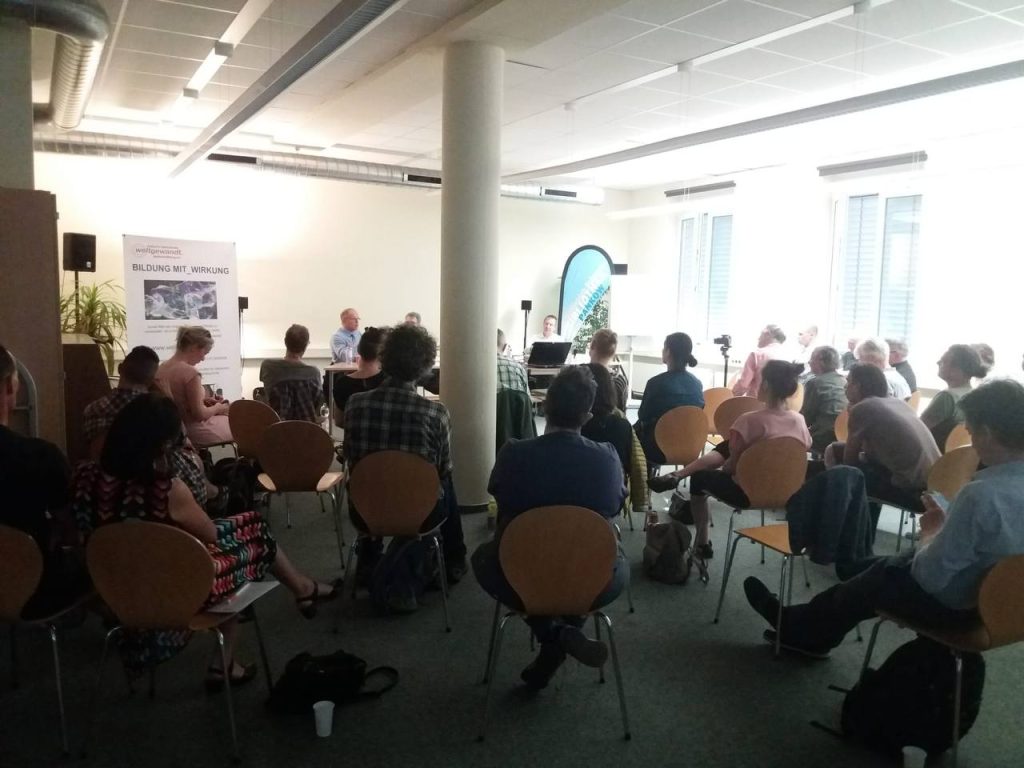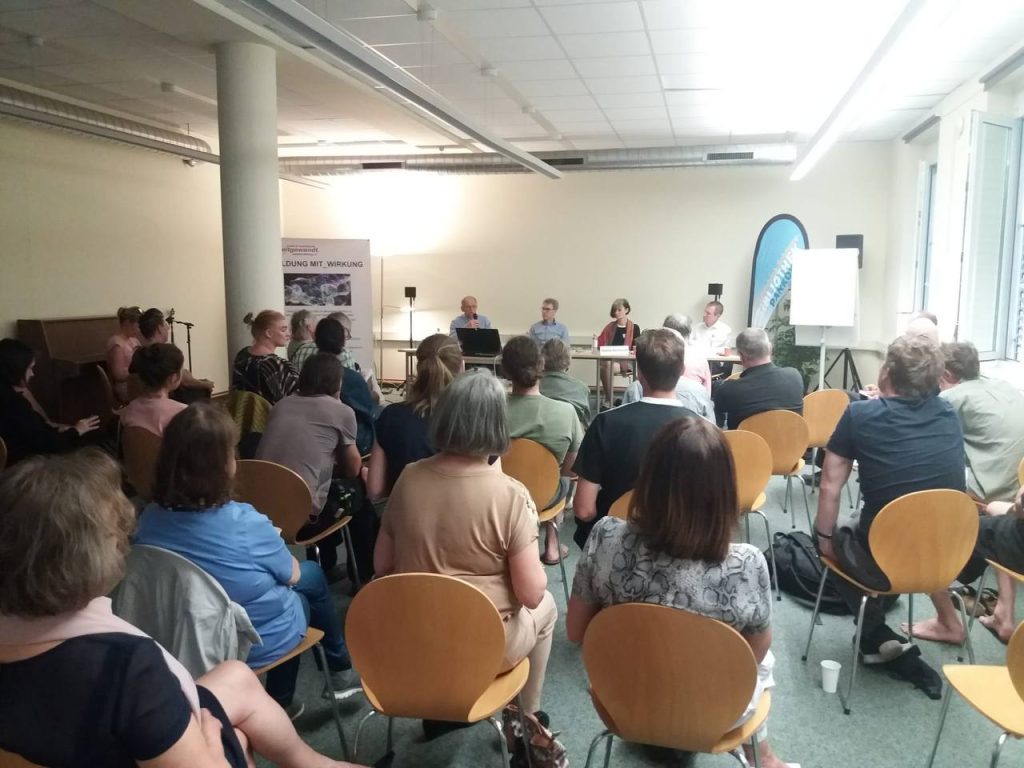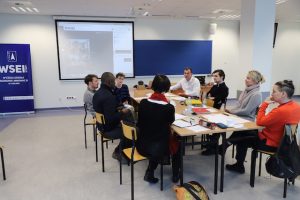… basic socio-economic education in Lublin/Poland
Social inequality, ecology, climate, housing, health, gender justice, etc. – almost everything has an economic dimension. You don’t have to have a higher education to understand such connections. This is exactly the approach of our cooperation of colleagues from seven European countries. They met from 22nd to 26th February 2022 for a five-day workshop at the WSEI University in Lublin/Poland to discuss socio-economic topics and to test methods for Economic Literacy in adult education.
One session started with an “economic speed dating” about social inequality. What connection do the participants see between inequality and self-confidence, what connections between inequality and climate change or health? In a subsequent input could the colleagues learn definitions of inequality, aspects of the history of global inequality, today’s income and wealth inequality between countries, and more. The different ways in which societies contribute to CO2 emissions and thus to global warming were also discussed.
Then curiosity and intuition were asked for as participants explored the environment, considering these questions: “Where can you perceive inequality?”, “Who is the infrastructure (not) built for?”, “What role does money play?”, “Where around you might there be inequality that you cannot see?”.
The exchange about the explorations afterwards moved on to discussing measures to minimise inequality. After all, the division into rich and poor, healthy and non-healthy, impaired – non-impaired etc. is not just a moral problem that comes with humiliation for those affected. It is a macroeconomic problem that affects the whole society. Economies miss their potential and resources are wasted.
In the course of the week, a whole bouquet of topics and methods was gathered to develop educational materials for the common learning platform. The focus was also on issues of growth and sustainability, taxation, different schools of economics, migration, feminist economics and the further digitalisation of money.
After the experience of an online workshop in November 2020, the project group had opted for a hybrid event this time. Thus, participants from four partner organisations in Lublin and colleagues from Barcelona, Dublin and Tartu (Estonia) were present on screen. This enabled a much more intensive, inspiring learning experience.
Feedback from one participant: “Now I have an idea of a European cooperation. An ecxiting and very fruitful experience.“


